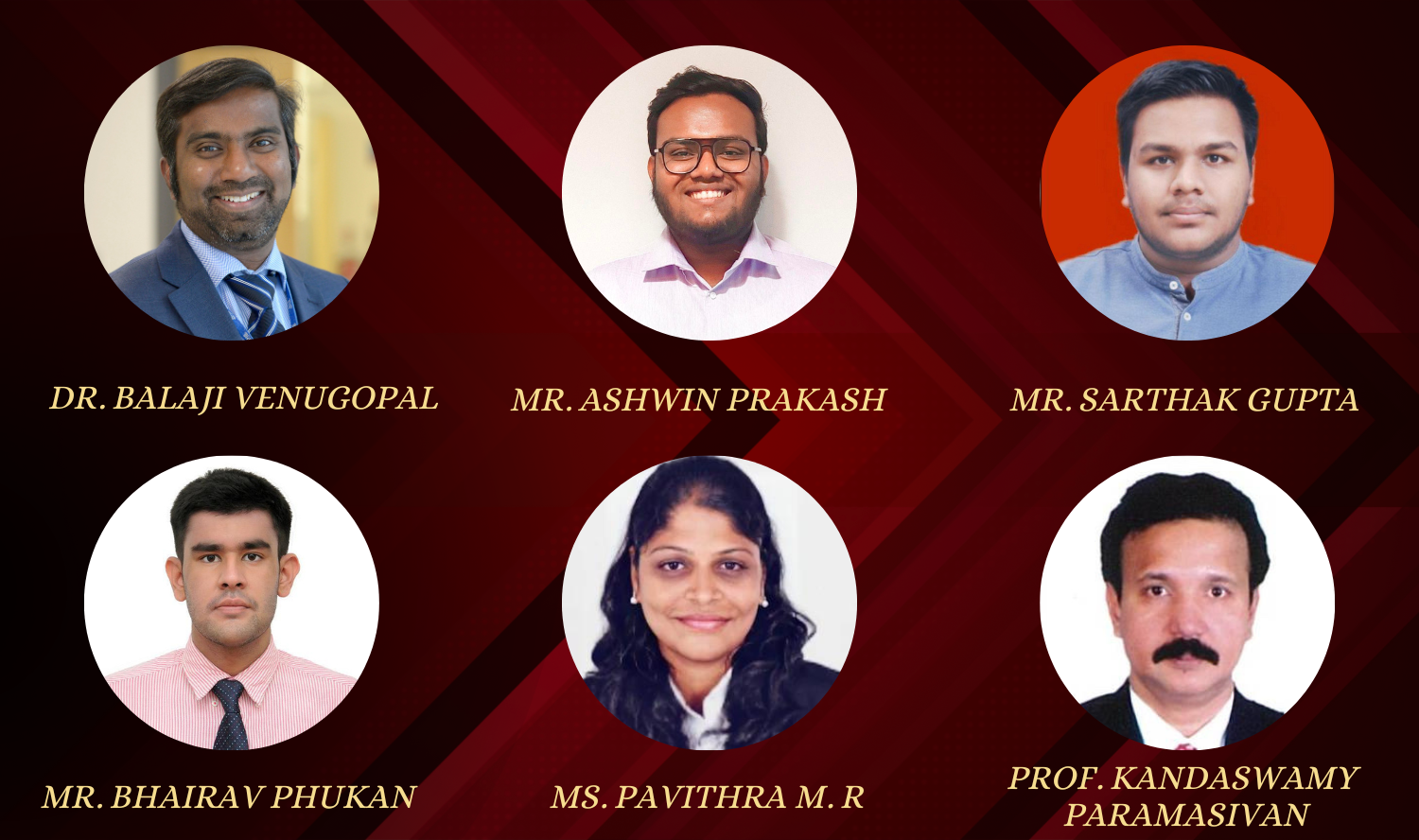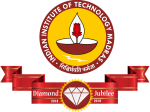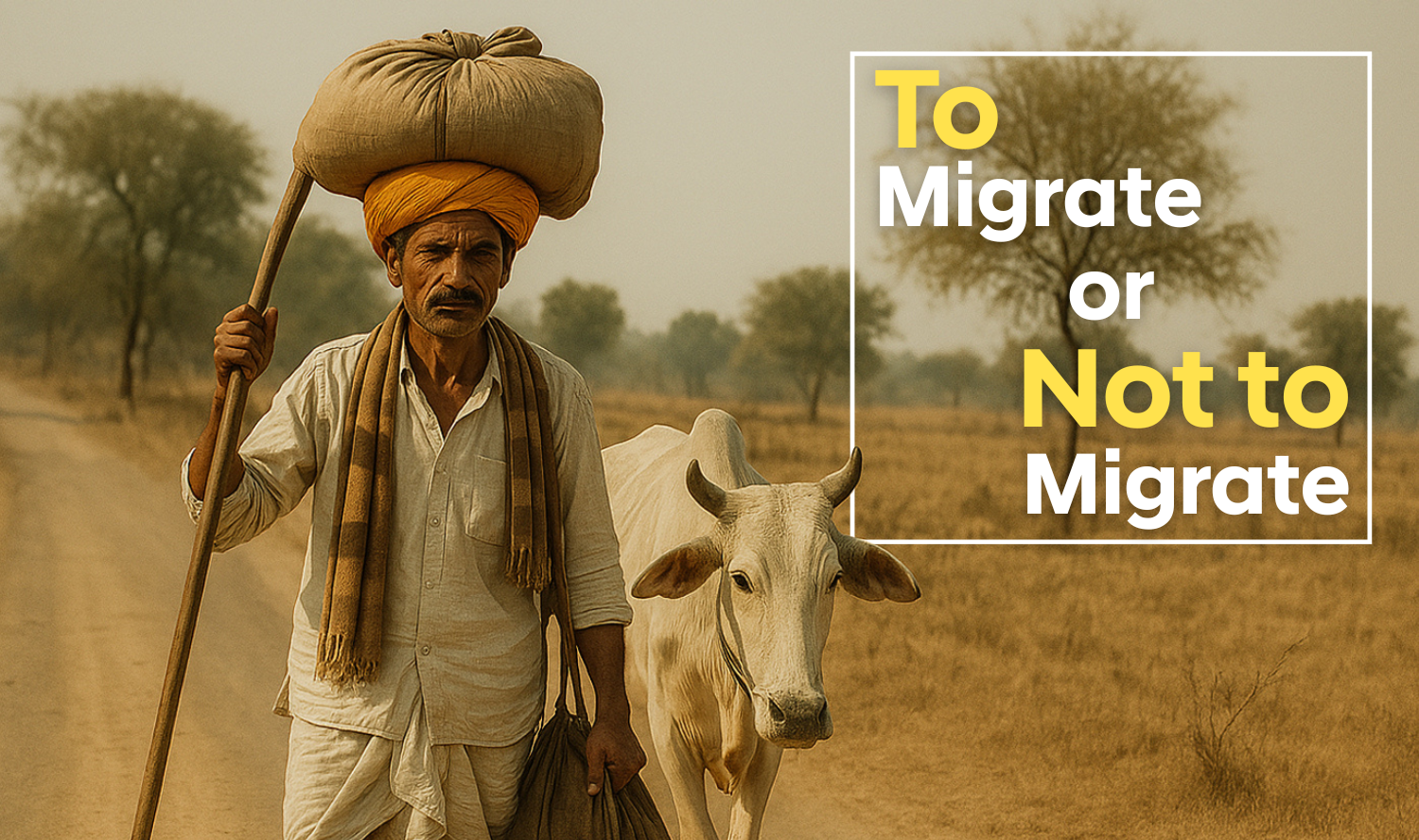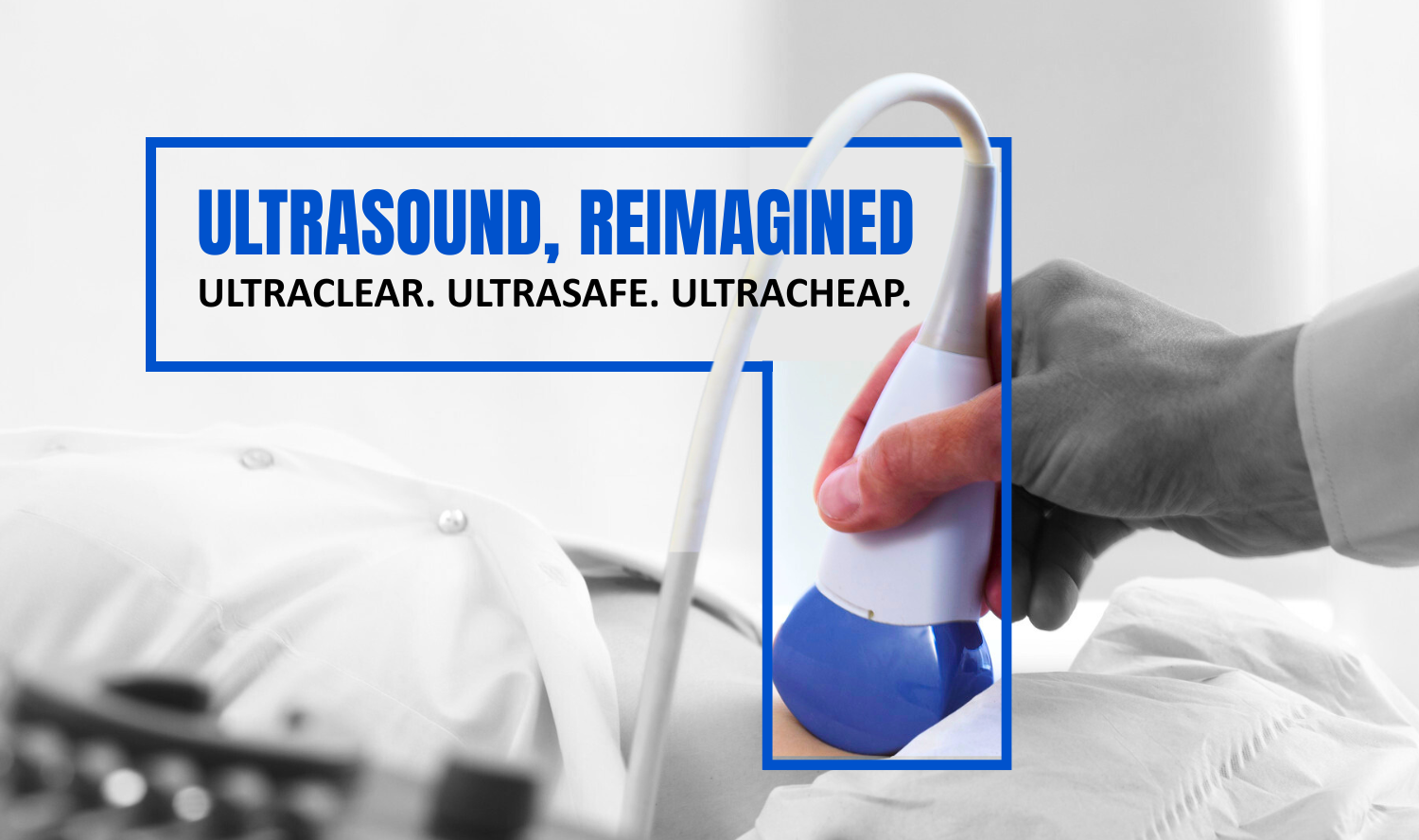
The COVID-19 pandemic played havoc with all of our lives. No one was, and still is, entirely safe from this killer disease. Consider then the plight of expectant mothers and infants during this difficult time.
The most important thing for pregnant women, during antenatal (care during pregnancy) and postnatal (care after childbirth) periods is that they receive proper, efficient, and immediate healthcare, especially during emergencies.
As one would expect, COVID-19 disrupted healthcare all over the world. Even in the United States maternal deaths rose during the pandemic years of 2020 and 2021 as compared to 2018 and 2019. 25 percent of all maternal deaths in 2020 and 2021 were caused by COVID-19.
Other countries such as Lesotho, Haiti, Mexico, and Sierra Leone also suffered during the pandemic. There was a considerable decline in the number of first antenatal care visits in such countries.
Healthcare providers around the world complained of a lack of transportation facilities and pharmaceutical supplies as major barriers for providing routine healthcare services.
Given such dire situations during the pandemic from 2020 to 2023 all over the world, how did India fare during this difficult period? In India, how did the state of Tamil Nadu fare in providing efficient healthcare to pregnant women?

To answer this question a study was conducted by Prof. Kandaswamy Paramasivan from the Department of Management Studies, Indian Institute of Technology Madras, Chennai, India, Mr. Ashwin Prakash, Mr. Sarthak Gupta, and Mr. Bhairav Phukan from the Department of Computer Science, SRM Institute of Science and Technology, Chengalpattu, India, Ms. Pavithra M. R. from Great Lakes Institute of Management, Chennai, India, and Dr. Balaji Venugopal from the University of Glasgow, Glasgow, United Kingdom (Dr Balaji Venugopal is also affiliated with the Beatson West of Scotland Cancer Center, Glasgow, United Kingdom). For the first time, to the best of the authors’ knowledge, primary data were collected and analyzed to assess the effects of all three pandemic wave periods including the post-pandemic phase on maternal healthcare in Tamil Nadu.
The data were collected from the state-level 108 ambulance call centre register and analyzed. 108 is the toll free number for state-level ambulance services in the state of Tamil Nadu.
A hybrid network model was used to predict the daily count of calls for ambulance services in the state of Tamil Nadu. A feedforward in combination with an Auto-Regressive Neural Network was used for this purpose.
The data collected included:
- Call for ambulance service (CAS)
- Call for ambulance services – pregnancy (Emergency)
- Call for ambulance service – pregnancy (Planned)-antenatal care
- Call for ambulance services – vehicular trauma (Emergency)
The findings of this study showed that despite the pandemic, especially during the second wave in Tamil Nadu, when there were maximum number of deaths due to COVID-19, there were no casualties when it came to the treatment of pregnant women. In fact, since the second wave, there was actually an increase in the number of calls for maternal care-related services. The ambulance services also expanded and the healthcare provided was more efficient after the second wave.
The statistics of this study showed that calls made for emergency-related inter-facility transfer during wave-II, post-wave-II, wave-III, and post-wave-III, showed an increase by 62 percent, 160 percent, 141 percent, and 165 percent respectively. Also, the mean daily CAS related to prenatal care increased by 47 percent, 51 percent, 38 percent, and 38 percent respectively, compared to pre-pandemic levels.
The authors believe that the research findings provided in this paper could help public health and government authorities in the planning and delivery of vital maternal and child healthcare that could be resilient even in the times of the pandemic.
Dr. Chitra Babu, from the Department of Computer Science and Engineering, SSN College of Engineering, Kalavakkam, India, gave her analysis of the work done by the authors and acknowledged its importance with the following comments: “This paper has studied the effect of successive waves of COVID-19 pandemic in Tamil Nadu on the healthcare of pregnant women requiring emergency delivery and infants using counterfactual analysis. This paper has conducted a longitudinal study, which spans all three waves of COVID-19 in the years 2020, 2021, and 2022. A hybrid model consisting of a feedforward neural network and an AutoRegressive Net has been used to predict the daily total number of Calls for Ambulance Services (CAS). This paper has considered total CAS that refers to all types of emergencies as well as CAS data pertaining to pregnant women alone. While total CAS is indicative of the hospital’s overall workload, pregnancy-related ambulance calls provide valuable insights into preventive medical care for pregnant women. The proposed hybrid model seems to be providing good accuracy and interpretability compared to the existing models.”
Article by Akshay Anantharaman
Click here for the original link to the paper









